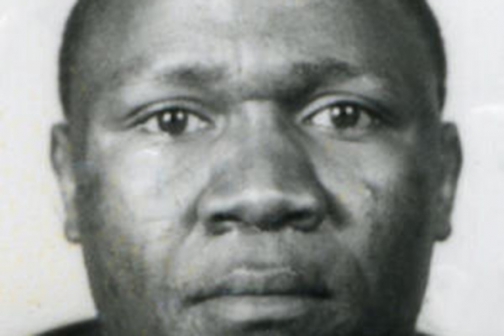×
The Standard e-Paper
Kenya’s Boldest Voice

Somebody asked recently why the extracts used in this column emanate mainly from other newspapers.
The reason is that if Philip Ochieng’s column draws its examples from this paper, and has done so for decades, it makes sense for this one to acquire its excerpts from different papers. But that’s pedantic. The logical and reasonable explanation is that when two people are chasing a hare, they don’t speed along the same route; they are better of using different paths and then close in on the creature.